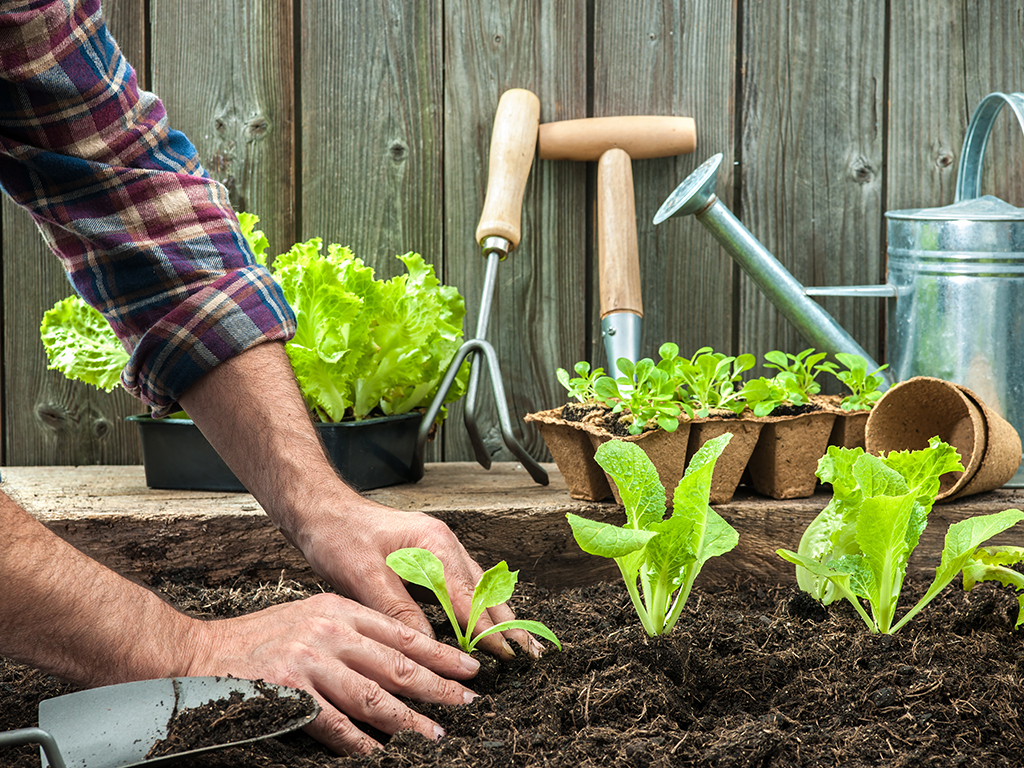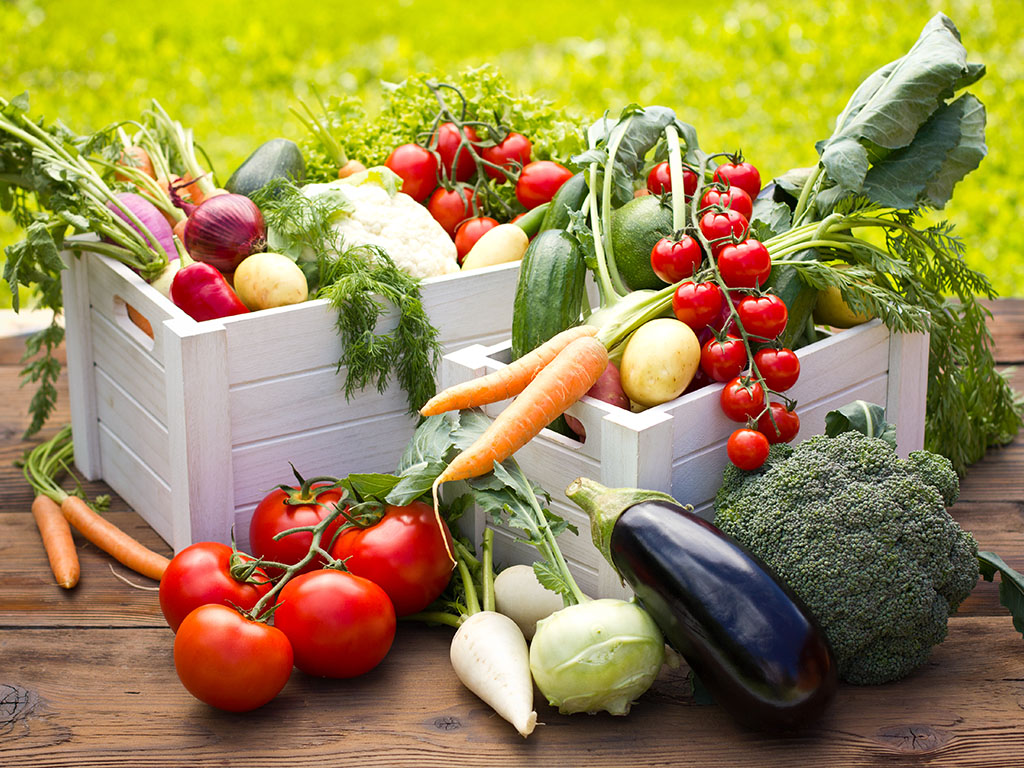Biogardens the most intense form of organic food production – Source of health and employment opportunity
 Tuesday, 12.07.2016.
Tuesday, 12.07.2016.
 14:23
14:23

- The best example of organic agriculture is intense biogardening, which necessarily involves composting, crop rotation, mulching, cover crops, an abundance of plants and friendly insects too, which are the main helpers in organic protection. Preventive measures and precaution are the foundations of the vegetable production management system – explains professor Dr Branka Lazic from the Faculty of Agriculture in Novi Sad in her interview for eKapija.
Lazic says that biogardens are often formed for the needs of households and in such cases, there are traditional gardens based on organic principles, but not certified. Nevertheless, if the products are meant for the market, they need to be certified.
This type of growing vegetables has become customary in many urban areas, but biogardens also present a great opportunity for employing people in villages. In Vojvodina, six hundred women have been trained for producing vegetables in biogardens through cooperatives.
- Our process of learning, founding the production and getting certified took three years and involved a total of 1,700 women, primarily from rural parts of Vojvodina. Thanks to active effort by the Secretariat for Gender Equality and the Provincial Institute for Gender Equality, it was possible to assemble 600 women from all regions of Vojvodina for the first phase of the Forum on organic agriculture and biogardening. My associates and I had the opportunity to meet them, talk to them and educate them – professor Lazic says.

- That's when the first foundations of organic agriculture were laid and, very importantly, the moment when old friendships were confirmed and new ones established on the basis of organic agriculture. The second phase, the education program for women within their cooperatives was the so-called education with lectures in various areas of organic production depending on the specialization of cooperatives and the dominant agricultural production, that is, traditionally female professions – says eKapija's interviewee.
The first biogardens and the first plastic greenhouses and orchards based on organic principles were established back in 2013 and 2014. Thanks to the successful realization of the FAO open school projects within the Center for Organic Production Selenca, valuable experience was gained in combining lectures with practical learning.
- In 2015, the Provincial Institute of Gender Equality established a project of economic strengthening of women within the activities by women's associations and other organizations which educate women, with eight open school centers as examples of good organic practice. The work was carried out in the associations' centers in two phases: expert lectures in chosen areas of organic production and, most importantly, practical work, discussions and socializing in biogardens and plastic greenhouses run by women.
Professor Lazic emphasizes that the first, extremely important, steps towards educating women for working in biogardens and greenhouses within the open schools have brought numerous innovations, and the women's associations have successfully created opportunities for the development of women's centers for organic production and their role in the economic strengthening of the female population.
M. Andrejić
 Poljoprivredni fakultet Novi Sad
Poljoprivredni fakultet Novi Sad
 Pokrajinski sekretarijat za socijalnu politiku, demografiju i ravnopravnost polova Novi Sad
Pokrajinski sekretarijat za socijalnu politiku, demografiju i ravnopravnost polova Novi Sad
 Koordinaciono telo za rodnu ravnopravnost Vlade Srbije
Koordinaciono telo za rodnu ravnopravnost Vlade Srbije
 Vlada AP Vojvodina
Vlada AP Vojvodina
 Zelena mreža Vojvodine
Zelena mreža Vojvodine
 COPS Centar za organsku proizvodnju Selenča
COPS Centar za organsku proizvodnju Selenča


 Izdanje Srbija
Izdanje Srbija Serbische Ausgabe
Serbische Ausgabe Izdanje BiH
Izdanje BiH Izdanje Crna Gora
Izdanje Crna Gora


 News
News






